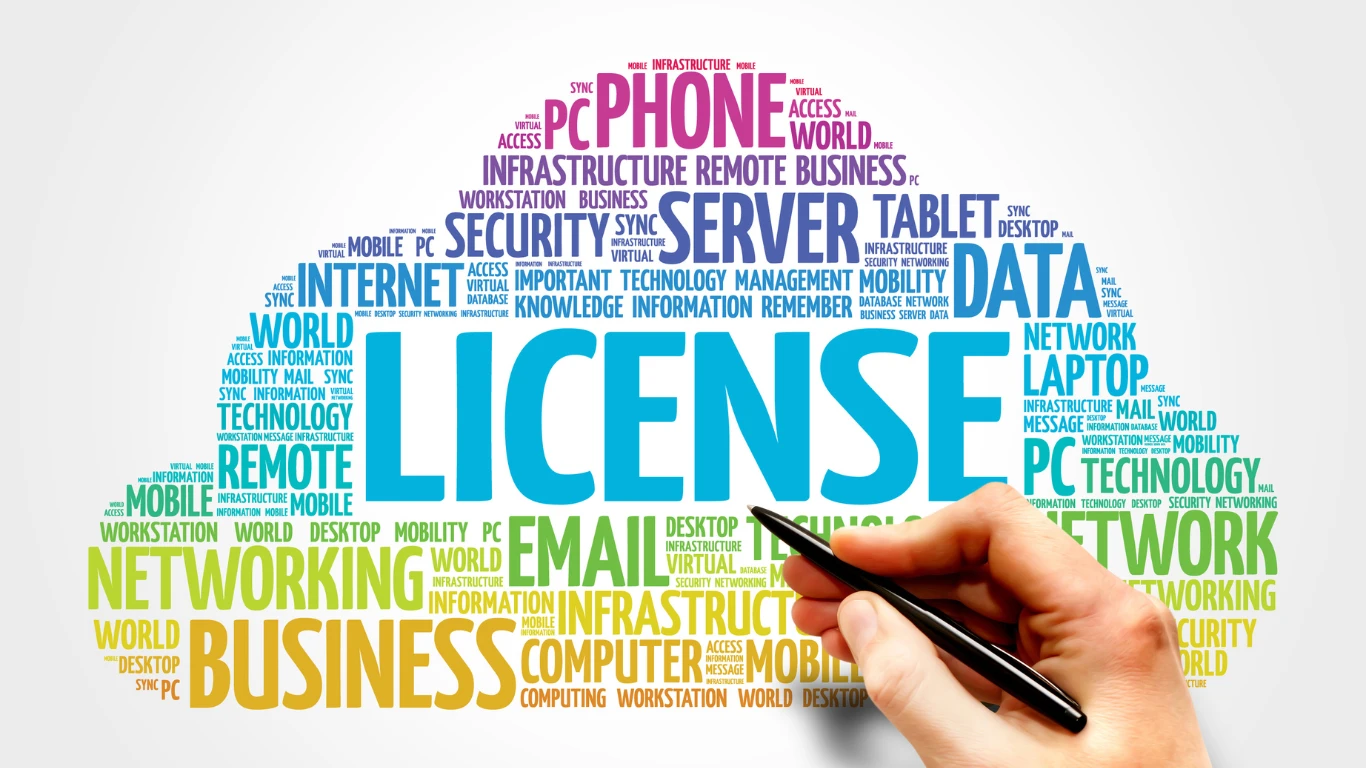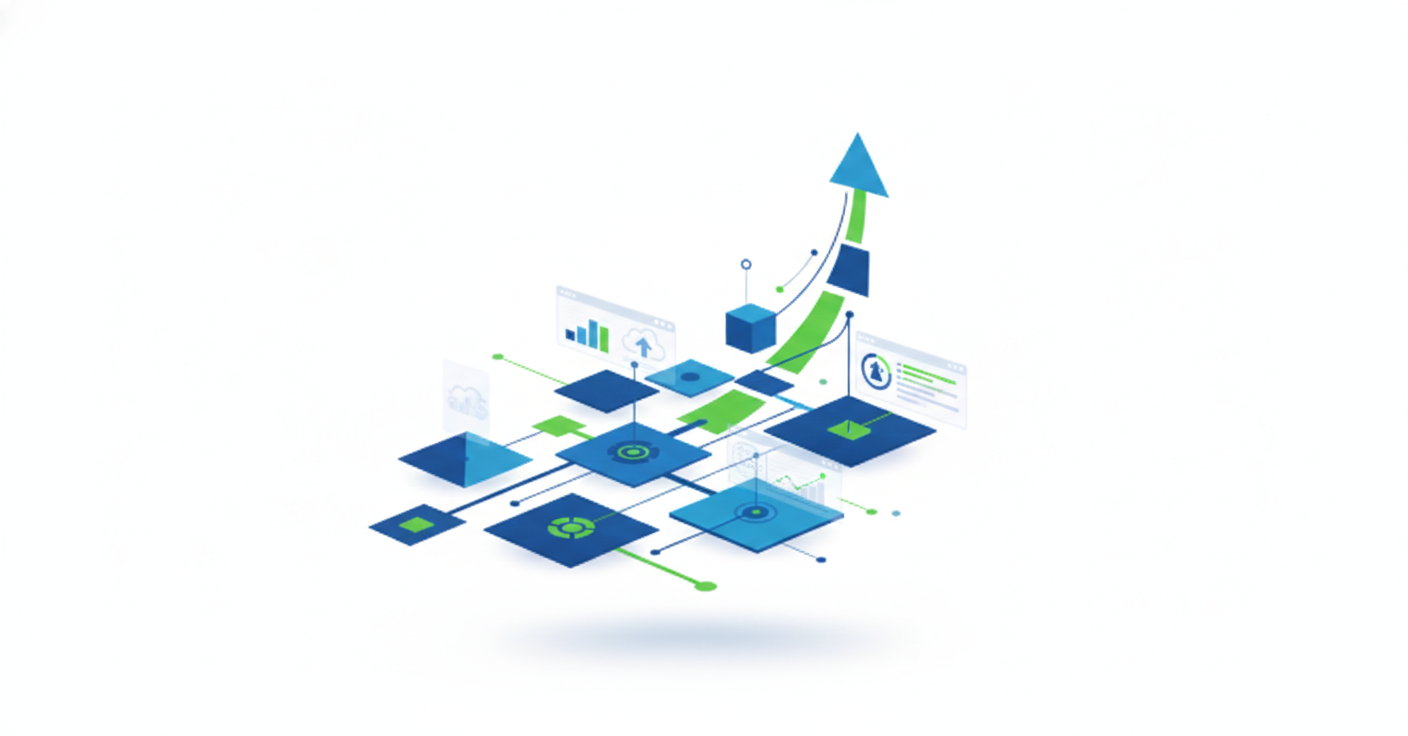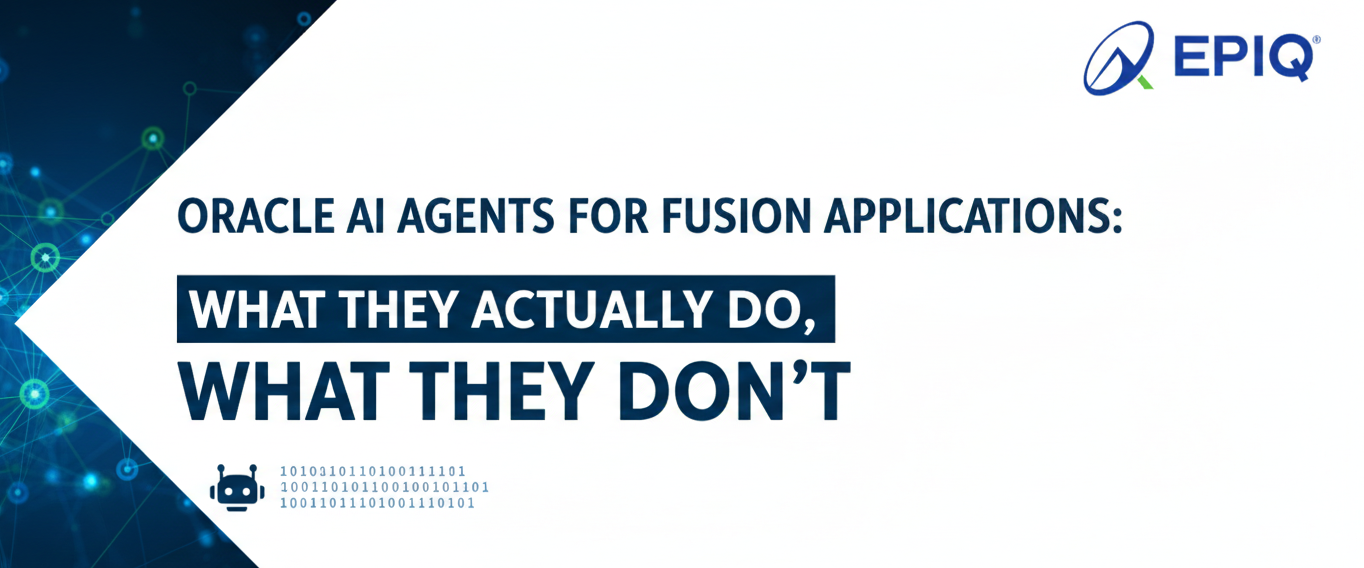For businesses considering a move to NetSuite for enterprise resource planning (ERP), one of the first questions that arises is which NetSuite license option will best serve their needs. The answer to this question depends on various factors, including business size, industry, number of users, and functional requirements.
Selecting the right license is crucial; it directly impacts how well NetSuite can integrate with your operations, address specific challenges, and support growth. ERP systems have traditionally been perceived as cost-intensive solutions suited primarily for large enterprises. However, NetSuite’s cloud-based options have democratized access to ERP technology, making it accessible to small- and medium-sized businesses (SMBs) through scalable licensing options that cater to different business models and requirements.
This guide provides a deep dive into NetSuite’s licensing options, exploring the unique needs each can fulfill. Whether you’re a small business owner looking for cost-effective software to organize finances or a growing enterprise needing more extensive features for complex operations, NetSuite offers a license option designed to enhance business performance.
Understanding NetSuite License Options: Finding a Match for Your Business
Selecting the right NetSuite license begins with understanding your business’s operational and strategic needs. NetSuite offers a range of licenses, each designed to align with different industries, business sizes, and user requirements. There are two primary tiers of NetSuite licensing: the standard and premium editions. Businesses also choose from industry-specific modules for diverse sectors like manufacturing, retail, and wholesale distribution.
For a business to maximize the utility of an ERP system, it’s essential to first understand its particular needs. Small startups, for instance, might require only a few core functions, while mid-sized and large companies may need a fully comprehensive ERP solution to handle various operational intricacies. Choosing the appropriate license ensures that your ERP system has the capabilities required to scale with your growth without becoming unnecessarily complex or costly.
In this section, we’ll examine some key licensing options, starting with the industry-specific editions designed to provide functionality to each sector’s needs.
Types of NetSuite Licenses and Industry-Specific Editions
NetSuite offers industry-specific editions, which provide unique functionalities tailored to the distinct demands of each industry. These licenses are developed with specialized features that streamline processes commonly encountered within specific sectors. Companies that operate in wholesale distribution, for example, can benefit from inventory management, purchasing, and order management tools optimized for distribution. Similarly, manufacturers gain access to modules that facilitate production management, supply chain logistics, and procurement.
Below are some of the industry-specific options that businesses can choose from:
- Wholesale Distribution: For companies managing large inventories and high-volume transactions, this edition focuses on inventory management, order fulfillment, and logistics.
- Manufacturing: Equipped with features that assist in production scheduling, inventory control, and procurement, this edition is geared toward streamlining manufacturing processes.
- Software Services: Includes tools for subscription billing, revenue recognition, and customer relationship management, helping software companies manage recurring revenue.
- Retail: Designed to manage online and offline sales, customer engagement, and inventory control, this edition enables businesses to deliver an integrated shopping experience.
- Food and Beverage, Health and Beauty, and Apparel: Each edition incorporates unique tools for product traceability, lot tracking, and quality assurance, which are crucial for these sectors.
Industry-specific editions come pre-configured with a suite of features that cater to these industry requirements, but they also allow businesses to add modules or customizations as necessary. This flexibility helps businesses ensure that they’re paying for the tools they need while maintaining the option to expand functionality in the future.
NetSuite License Levels: Starter, Standard, and Premium
NetSuite licenses come in three primary levels: the SuiteSuccess Starter Edition, Standard Edition, and Premium Edition. Each level is distinguished by its capacity to accommodate a certain number of users and its alignment with business size and complexity.
- SuiteSuccess Starter Edition: Ideal for small businesses with fewer than ten users, the Starter Edition provides a cost-effective entry point to ERP technology. It includes the essential tools needed to manage finances, inventory, and customer relationships. This edition is a great choice for startups and small enterprises that need an affordable solution to establish foundational ERP practices without unnecessary features.
- SuiteSuccess Standard Edition: Designed for companies that require up to 30 users, the Standard Edition offers broader functionality to accommodate growing operations. This license includes a more comprehensive set of features compared to the Starter Edition, making it a good fit for mid-sized businesses with expanding needs.
- SuiteSuccess Premium Edition: Best suited for larger enterprises with more than 30 users, the Premium Edition allows up to 1,000 users and includes advanced capabilities that can support complex business processes. This edition enables larger businesses to manage multiple departments and divisions with a single, unified ERP system.
Each of these editions offers scalability, allowing businesses to move from one level to another as they grow. Choosing the right edition depends on both current operational needs and anticipated future requirements. For instance, companies that plan on rapid growth may benefit from starting with the Standard Edition to avoid having to upgrade from the Starter Edition too quickly.
User-Specific NetSuite Licenses: Full and Limited User Access
When selecting a NetSuite license, companies also have the option to choose between full-user and limited-user licenses. These two user types allow businesses to control access based on individual job roles, ensuring that each team member has the tools they need without overspending on unnecessary permissions.
- Full-User License: This license is intended for users who require unrestricted access to NetSuite’s full suite of tools. It is suitable for executives, managers, and employees in roles that involve extensive use of ERP functionalities, such as sales managers, finance officers, and operations managers. With a full-user license, individuals can access every module their organization has implemented, allowing them to perform high-level tasks, run analytics, and make strategic decisions.
- Limited-User License: For employees whose tasks involve limited interaction with the ERP system, the limited-user license provides access to specific features, such as timekeeping, expense reporting, purchase order requests, and data entry. This license is a cost-effective option for roles that only require minimal interaction with the ERP system, such as part-time staff, administrative support, and field workers.
Utilizing user-specific licenses helps businesses manage costs while ensuring that each employee has access to the necessary tools. This structure provides a way to support various roles within the organization efficiently, aligning access with each position’s requirements.
Key NetSuite ERP Essentials for Effective Business Management
NetSuite ERP offers a comprehensive suite of essential tools designed to support the core functions of any business. While NetSuite’s features can be customized based on industry and operational needs, several standard modules are foundational for effective business management.
- Financial Management: This module helps businesses manage their financial transactions, budgeting, reporting, and compliance. NetSuite’s financial management tools simplify complex processes, ensuring transparency and accountability.
- Inventory and Order Management: NetSuite includes tools for tracking inventory, managing orders, and ensuring efficient fulfillment. This module is especially useful for businesses with high-volume inventory needs, as it allows real-time visibility into stock levels, order status, and shipment tracking.
- Procurement and Vendor Management: Simplifies procurement processes and enables businesses to manage relationships with suppliers, track purchase orders, and control spending. This module is essential for maintaining strong supplier relationships and ensuring timely delivery of materials.
- Customer Relationship Management (CRM): This module supports customer engagement through tools for managing sales, marketing, and customer support. A CRM system helps businesses maintain positive relationships with customers, improve service delivery, and build customer loyalty.
These core functionalities are the backbone of NetSuite’s ERP capabilities, allowing businesses to operate more efficiently, stay organized, and make data-driven decisions.
Conclusion: Choosing the Right NetSuite License for Long-Term Success
Selecting the appropriate NetSuite license is a strategic decision that can significantly impact a business’s efficiency and scalability. Understanding the numerous license options, including industry-specific editions, license levels, and user types, allows businesses to select a package that meets their operational requirements, user demands, and growth goals. From small startups requiring basic ERP functions to large enterprises needing extensive features, NetSuite’s licensing options cater to a wide spectrum of needs.
Implementing an ERP system can transform a company’s ability to manage operations, finance, customer relationships, and logistics. NetSuite’s modular, scalable approach allows businesses to build a solution that fits their unique needs, ensuring that they only pay for the tools they need while maintaining room to expand functionality as they grow. Businesses that choose the right license can use NetSuite’s ERP features to increase efficiency, optimize resources, and achieve long-term growth.
For those embarking on their NetSuite journey, engaging with an experienced consultant can provide invaluable guidance in selecting, implementing, and optimizing the right NetSuite license.







